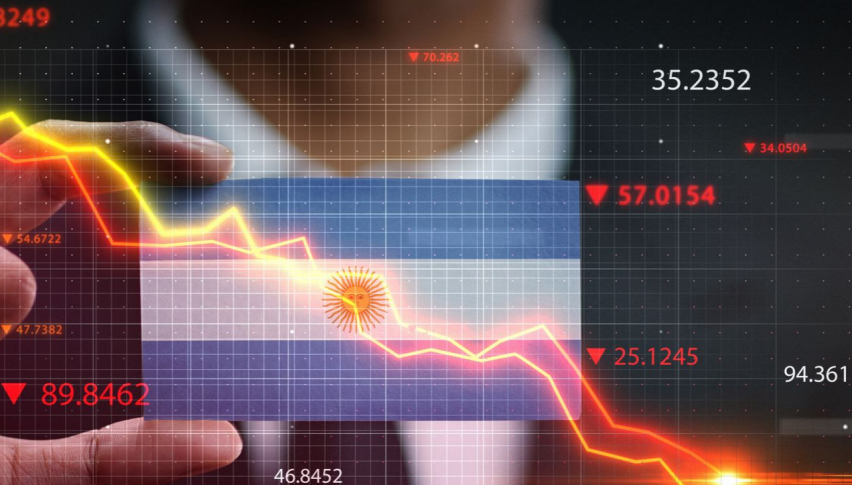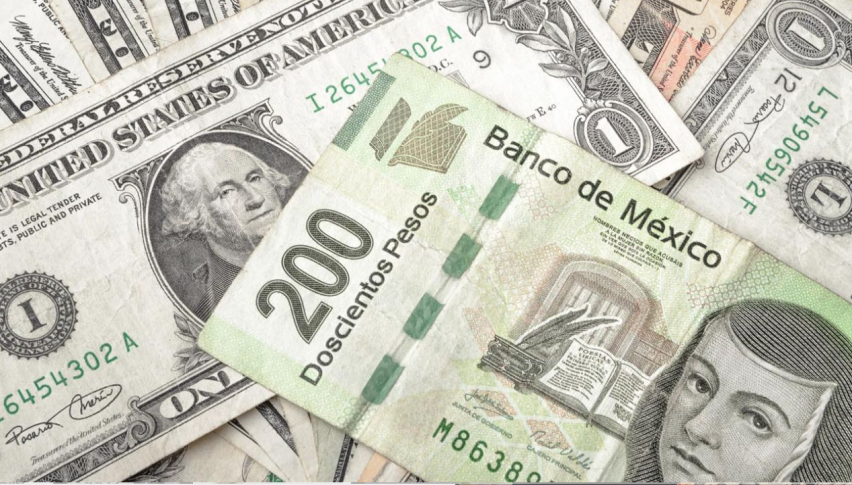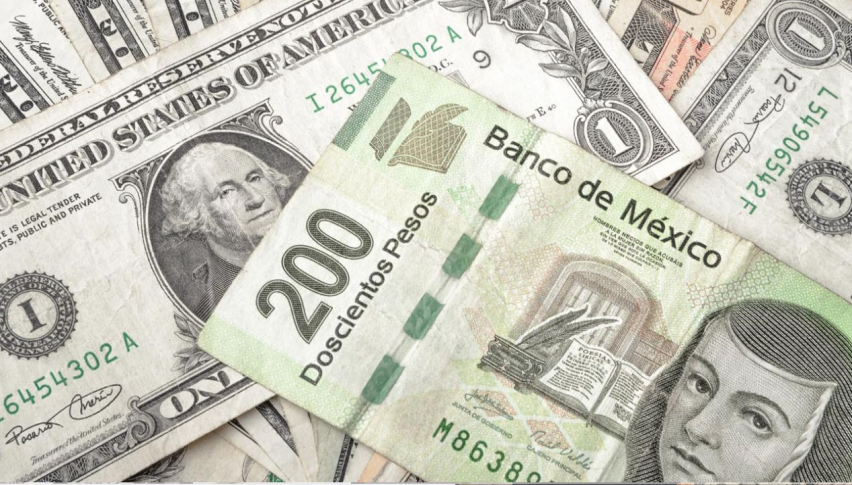Argentina: Salaries increased by 16.4% but lost ground against inflation
Argentina has long struggled with high inflation rates, which have been a persistent challenge for its economy.

In January, the overall level of the Consumer Price Index (CPI) had recorded a monthly increase of 20.6%. 
In January, salaries increased by 16.4%, but they lost ground against inflation for the third consecutive month. It is worth noting that during that month, the overall level of the Consumer Price Index (CPI) had recorded a monthly increase of 20.6%.
In January 2024, the Wage Index increased by 16.4% monthly and 181.0% annually. The indicator has risen by 16.4% compared to the previous December. The monthly growth is attributed to increases of 20% in the registered private sector, 12.1% in the public sector, and 11.2% in the unregistered private sector.
For January 2024, the Wage Index has accumulated an increase of 16.4% compared to December 2023, attributed to rises of 20% in the registered private sector, 12.1% in the public sector, and 11.2% in the unregistered private sector.
Argentina has long struggled with high inflation rates, which have been a persistent challenge for its economy. Factors contributing to this issue include fiscal deficits, monetary policy decisions, exchange rate fluctuations, and structural issues within the economy.
The government has often resorted to expansionary fiscal and monetary policies to address short-term economic challenges, leading to increased money supply and subsequently higher inflation. Additionally, external shocks, such as fluctuations in commodity prices and global economic instability, have further exacerbated inflationary pressures.
The high inflation environment in Argentina has had profound socio-economic consequences, impacting various aspects of daily life for its citizens. Rising prices erode purchasing power, reducing the standard of living for many households and creating income inequality.
Businesses face uncertainty and higher costs, hindering investment and economic growth. Moreover, inflation undermines confidence in the currency and financial system, leading to currency depreciation, capital flight, and difficulties in accessing credit.
Addressing inflation has thus become a central policy priority for Argentine president Javier Milei, requiring a combination of fiscal discipline, monetary policy reforms, and structural adjustments to achieve macroeconomic stability and sustainable growth.
- Check out our free forex signals
- Follow the top economic events on FX Leaders economic calendar
- Trade better, discover more Forex Trading Strategies
- Open a FREE Trading Account



